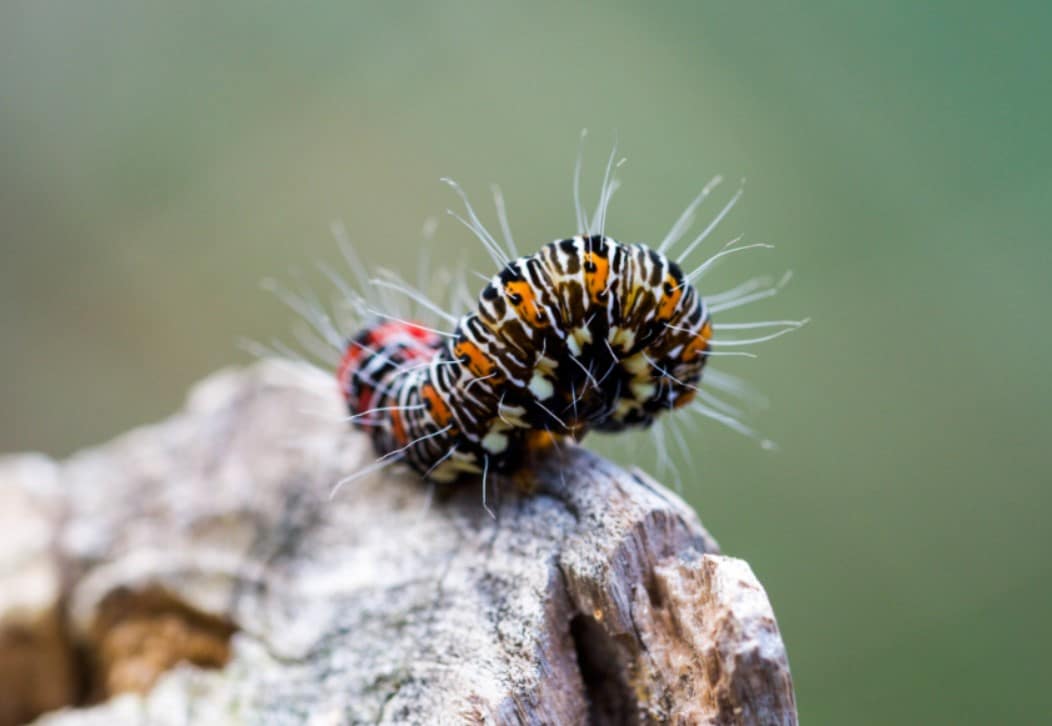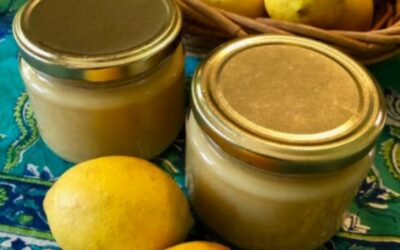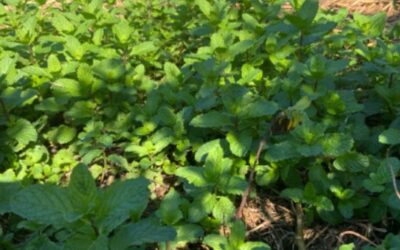
Insect pests in your garden can be overwhelming and frustrating. Once pests have called your garden home and use your plants as their main source of food then you’ve got to get on to the problem right away.
In our garden, we make our own home-made remedies because they’re safer for the environment and more economical. Homemade organic pesticides are the safer choice and can be made from inexpensive items that most people have in their home.
Firstly, prevention is better than a cure. The best way to prevent insect damage in your garden is to discourage them from coming in the first place. Always remember, a healthy garden with a healthy ecosystem is the best defence.
Build healthy soil with composting, mulching, compost tea, aged animal manures, and green manures (cover crops). This is the best way to develop strong, vigorous plants. Minimise disturbance of your soil by practising no-dig or no-till gardening.
Healthy plants need healthy soil to thrive. When soil is high in organic matter and your soils microbiome is alive with interacting bacteria, fungi, nematodes, and earthworms, plants can better absorb water, nutrients, and minerals. This allows the plants to essentially grow and flourish on their own, without extra assistance, because they are receiving the nutrients that they need directly from the earth. Soil microbes are also scientifically proven to improve the health of plants by fending off diseases.
Another important strategy is diversity. Diversity ensures natural checks and balance so the more complex your garden is which develops over time, the less problematic your pest problem is.
Also, growing plants in your diverse garden that insects don’t like to eat makes the pest’s work harder to find a meal they do like. We do this in our garden by setting aside an area designed to attract and entice beneficial insects. The beneficial insects prey on the not so beneficial insects that you don’t want in your garden. You can even buy beneficial insects and larvae online and release them in your garden.
Insect pests are also plant-specific. When your plantings are diverse, pests are less likely to spread throughout a crop. Rotating crops each year is a great method to avoid re-infestation of pests as well.
Another great idea is using sacrificial plants which entice the pests in your garden to plants they love to eat in turn leaving the plants you love to eat alone. The term may remind you of a morbid horror movie but this strategy really works.
For example, nasturtiums are great for attracting aphids. What else do aphids love? Mum’s roses! So planting nasturtiums as a border around roses attracts rose-loving aphids to the sacrificial nasturtiums – Mum is happy and so are her roses.
If you have plants that aren’t thriving or already been infected with unwanted pests, pull them out so as to not to spread diseases through the rest of the garden.
Beneficial insects known as the gardener’s helpers eat pests and can be found & attracted through different plants.
-
For example, ladybugs consume aphids, mites, whiteflies, and scale. To attract ladybugs to your garden, plant daisy, yarrow, and tansy (anything from the Compositae family).
-
Lacewings and hover-flies love aphids, their larvae and most other pests. Plant yarrow, black-eyed Susan’s, and asters to keep these beneficial insects happy in your garden.
-
Praying Mantis can look a little scary closeup but they have a huge appetite for your unwanted garden pests.
There are many garden insects that are friends in the garden and many that aren’t. Getting to know who are friends and who are foes in your garden is the way to help your vegetables to grow up healthy and strong.
– By Eve Ballard




0 Comments